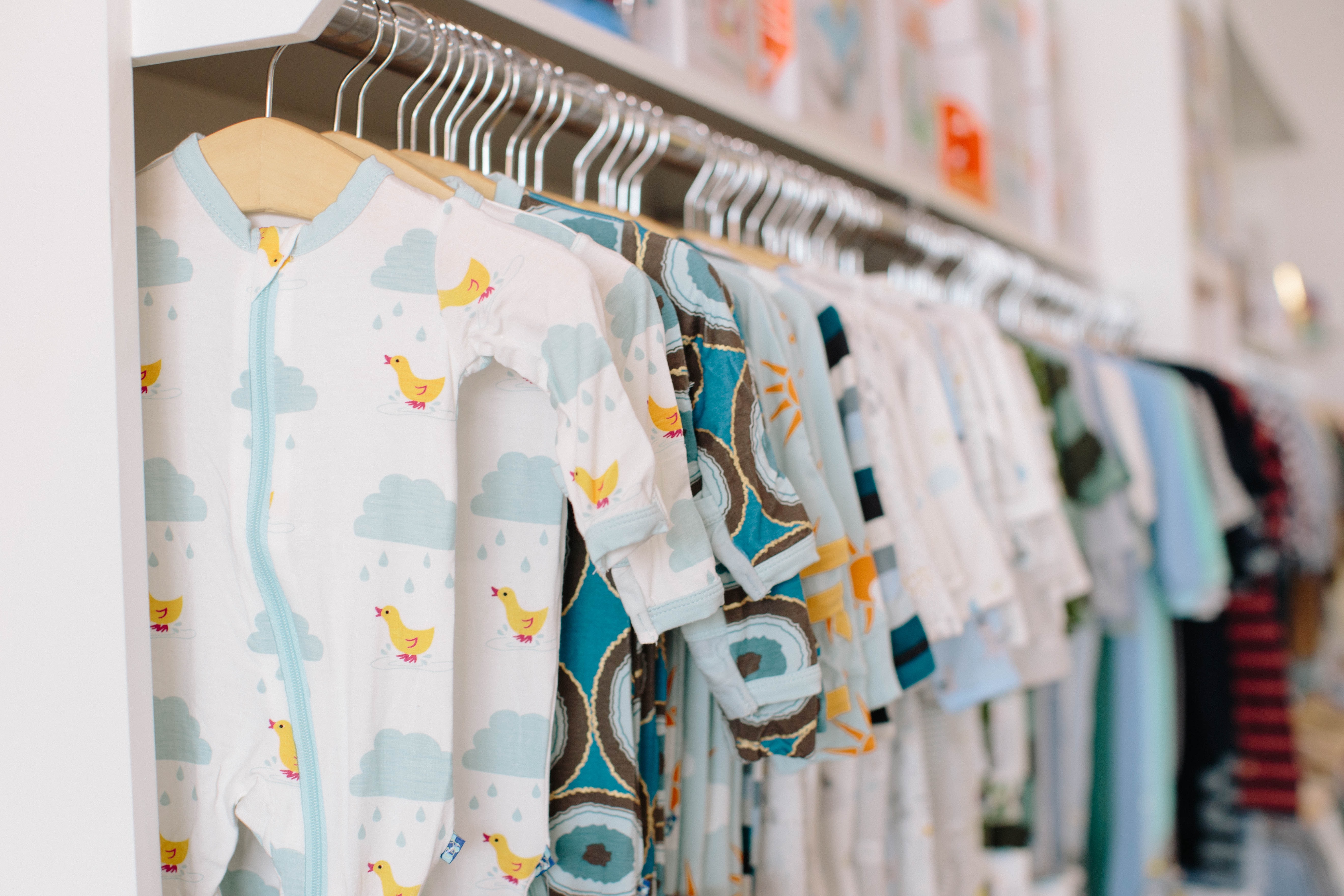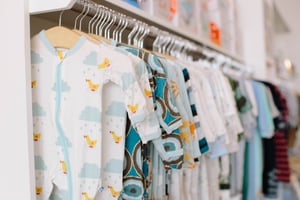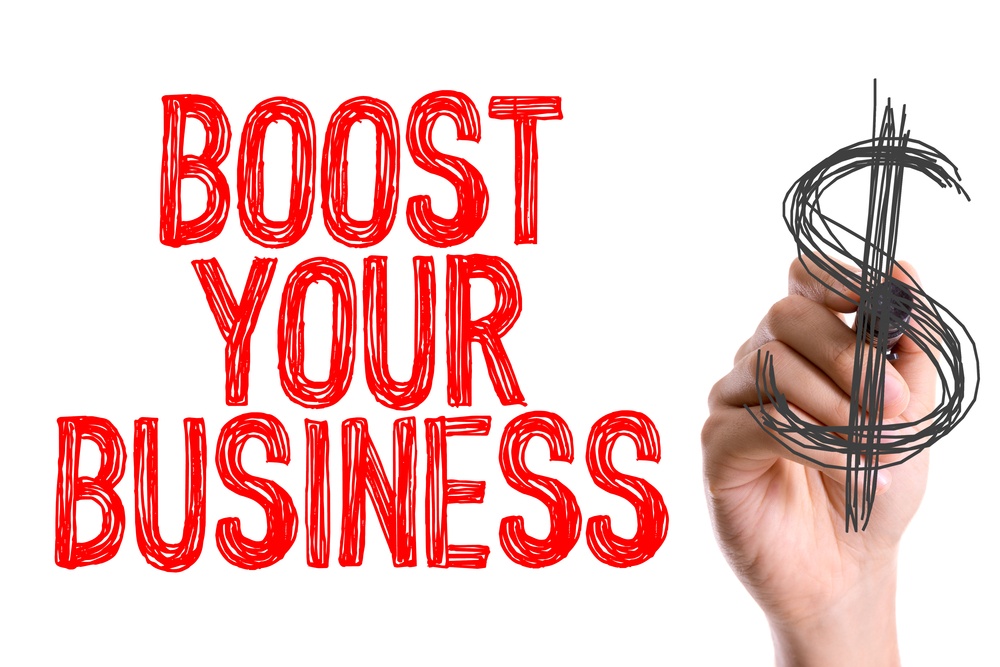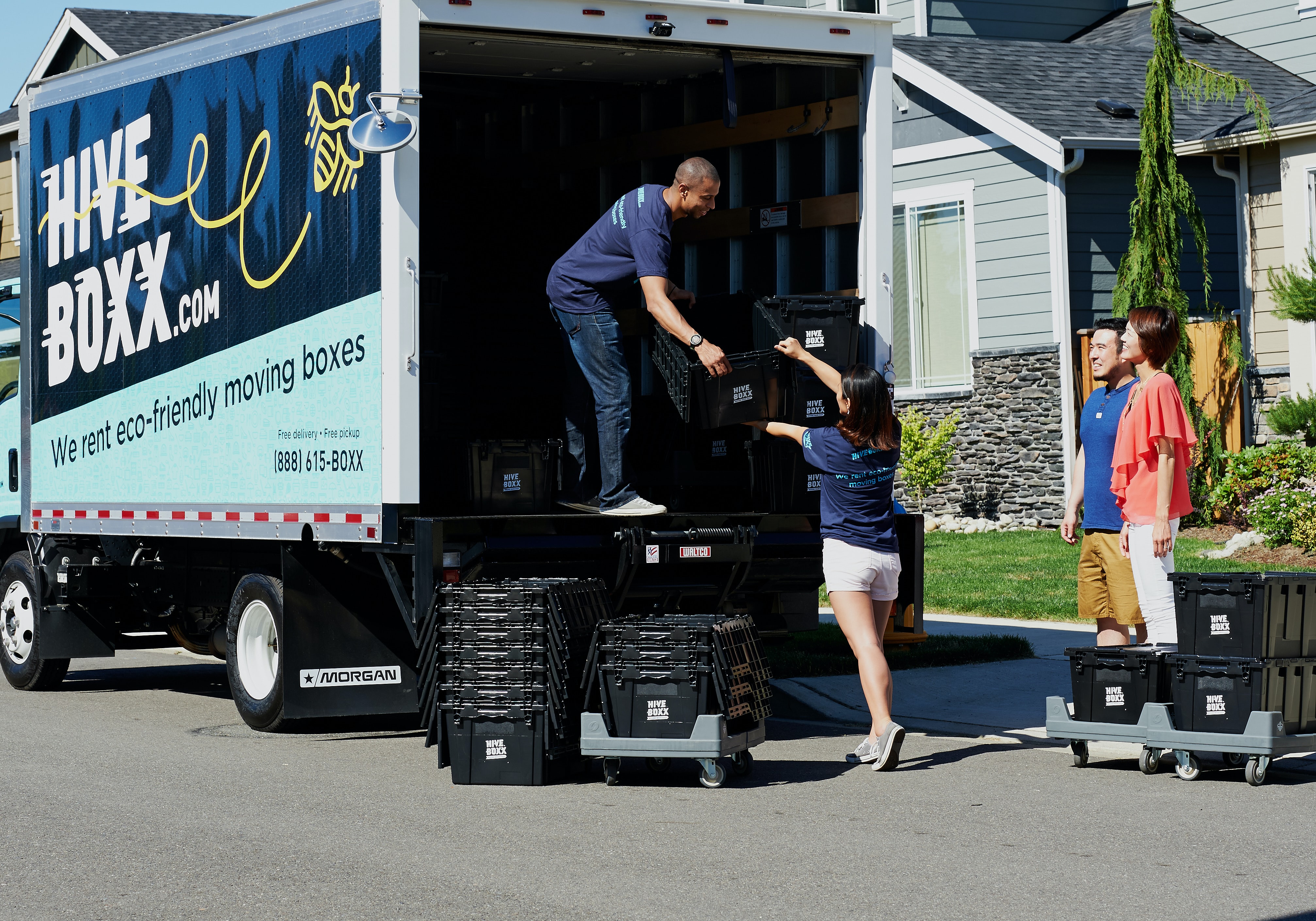Using Business Credit Cards to Track Expenses
Business credit cards are versatile and useful for businesses. Keeping track of what you spend is essential to a business, but for many small...

Becoming a new parent is a wonderful experience, but there’s no getting around the fact that babies are expensive. According to some studies, you can expect to pay at least $20,000 the first year your child is born. That’s a lot of money for anyone to shell out.
Fortunately, there are almost as many ways to save on baby items as there are baby expenses. They won’t completely erase the cost of raising a child, but they will ease the strain on your wallet.
Babies go through at least 2,000 diapers each year. If you’re a parent, that means you’ll be constantly buying diapers for the next three years or so. However, there’s a silver lining—you can almost always find a sale on diapers.
To make sure you’re getting the best price for diapers, do some price comparison before you go shopping. Make sure you get price checks from at least three different stores, and check for coupons while you’re at it. Also, avoid brand loyalty—find a few brands that work for you, so you can get the best deals when they become available.
 Many health care facilities have samples they’ll give to their patients. However, they usually won’t give these samples away unless you ask for them. When you’re leaving the hospital with your new baby, for instance, get as much formula from the nurses as they’re willing to part with.
Many health care facilities have samples they’ll give to their patients. However, they usually won’t give these samples away unless you ask for them. When you’re leaving the hospital with your new baby, for instance, get as much formula from the nurses as they’re willing to part with.
You can also talk with your pediatrician to get free samples. You can get formula, diaper cream and even children’s vitamins.
When you become a new parent, give your HR department a call and see what benefits they offer for new parents. One potential benefit is a Dependent Child Flexible Savings Account, which will let you use pre-tax money in order to pay for child care items. Your employer might even be offering a childcare stipend you can use to reduce the cost of childcare once you need to return to the office.
Devices that will grow with your child can save you a lot of money. One of the best options is a crib that will convert to a toddler bed, but you can also get items like adjustable strollers and high chairs, as well as a baby blanket that is just as adept at keeping your child warm while you’re carrying them as when they’re in a car seat or a stroller.
It’s a fact of life that your baby will eventually grow out of all the clothes you bought. So don’t spend any more money on baby’s clothes than you absolutely have to. Instead of buying new baby clothes from the store, get them from a thrift store or an online marketplace like Craigslist or Facebook. You might even want to look and see if there’s a Facebook group in your area especially for buying and selling baby clothes, not to mention other baby items.
of all the clothes you bought. So don’t spend any more money on baby’s clothes than you absolutely have to. Instead of buying new baby clothes from the store, get them from a thrift store or an online marketplace like Craigslist or Facebook. You might even want to look and see if there’s a Facebook group in your area especially for buying and selling baby clothes, not to mention other baby items.
One of the best ways to save money on baby items is to buy reusable whenever possible. Cloth diapers, for instance, can save you up to $1000 a year as opposed to disposable diapers. Admittedly, you will have to put in some extra work to clean the items for reuse, but the savings will be worth it.
Bringing up a baby costs a lot. However, if you know how to save on baby items you’ll be able to make life a little easier for you and your new family. Make sure to look for sales whenever possible, buy used instead of new, and even consider buying reusable items like cloth diapers to maximize your savings.
If you’re wondering what to do with all the money you’re saving, why not become a member of First Alliance Credit Union? You can put it in a traditional savings account at first, then invest it in a certificate of deposit or save for your child’s college expenses by opening a Coverdell Education Savings Account.

Business credit cards are versatile and useful for businesses. Keeping track of what you spend is essential to a business, but for many small...

If you’re a college student or a twentysomething, going on a Spring Break trip has a special allure. It’s a chance for you to travel somewhere...

Moving can be exciting, but it’s also expensive. If you’re asking, “how much money should I save before moving?” the answer is at least $500 for a...